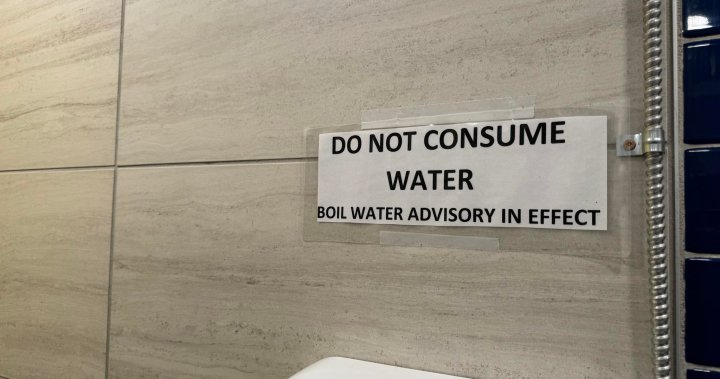This First Person column is written by Karen Wilson who provides support to her parents in Sherwood Park, Alta. For more information about CBC’s First Person stories, please see the FAQ.
“Find your own way home!” my mom screeched as she rolled up her car window. I jumped back, narrowly avoiding crushed fingers.
“Drive Terry!” she ordered as she pinched my dad’s thigh.
“Stop it Mom! Dad’s not going anywhere!” I screamed, losing my patience yet again.
My dad looked defeated and beaten. For close to two hours, my mom had stubbornly resisted our cajoling, pleading and arguing as we tried to get her out of the vehicle and into Villa Caritas, a geriatric psychiatric hospital and the only place in Edmonton that could handle her.
She has aggressive Alzheimer’s. And it’s a hard thing to admit, but like many Canadian families trying to care for older relatives, we reached the point where our family couldn’t handle the swearing, hitting and other behaviour anymore.
At Villa Caritas, the health-care team — a psychiatrist, nurse and orderly — were patiently standing by to admit my mom but it took the hospital’s security guard to convince her to get out of the car. I missed that because I was anxiously pacing and sobbing uncontrollably in the hospital’s foyer.
She was restrained in a wheelchair and became agitated as she was wheeled past me. “Traitor!” she screamed.
Tears continued to pour down my face as my mom’s accusation cut my heart into tiny pieces. I was overwhelmed by guilt because I had done all the legwork that brought her here. Granted, my dad was signing the legal documents but I had made all the arrangements since emotionally he couldn’t.
What kind of evil, terrible daughter was I?

My 82-year-old mother has always been high-strung (her siblings’ words) but her generation would never admit to having mental issues. My mom’s embarrassing, erratic behaviour was our family secret.
We were so used to dealing with her undiagnosed anxiety that we didn’t see the worsening aggressiveness of her Alzheimer’s.
A few years ago, my youngest sister and I began looking into support to help both our parents. That’s when our rollercoaster journey through the convoluted and confusing health-care system began.
My mom developed physical problems, such as a broken tailbone after falling down a flight of stairs. My dad covered as much as he could for my mom, even taking her out of the hospital against medical advice. He desperately wanted to believe she was going to get better but he eventually was forced to admit her memory was failing.
Those days when she didn’t even recognize me cut like a knife. And my dad’s impulse to shield me from the full extent of the problems left me in a continuous state of unease; I still suspected what was going on.
Most of the time, my dad could stop her from wandering. But one winter night, she left at 3 a.m.

When the RCMP found her, she had fallen and smacked her face on a curb and chipped her front tooth. Against medical advice, my dad brought her home again. Less than an hour later, during our daily phone call, my dad casually said the words I had begun to fear: “Oh by the way, your mom had a bit of a fall. You might want to come over to see her.”
In a panic, I drove 70 minutes to get to Sherwood Park from my home near Lake Wabamun.
When I ran in and looked at my mom, I stifled a scream because it looked like she had gone ten rounds in the boxing ring.
During a phone call with my sister, my dad was finally forced to admit that he couldn’t take care of my mom by himself anymore. It took only three days after my mom’s visit with the doctor to get her a placement. She hasn’t been home since.
Now that my mom is in her and our first choice long-term care facility, I feel a strong sense of relief because she is getting the 24/7 care she requires.
I have fought the best I can against Alzheimer’s; I just can’t help feeling she remains a prisoner.
This month, the CBC team in Alberta will focus on family caregivers and the challenge Alberta faces reforming care for the frail and elderly. Visit cbc.ca/familycare to read more.
If you have a compelling personal story on this topic or others, the CBC First Person team wants to hear from you. Here’s more info on how to pitch.







More Stories
Air Canada apologizes to national chief after flight crew took her headdress away | CBC News
Princeton, B.C. close to having multi-year boil water notice lifted | Globalnews.ca
First Nation in Ontario declares state of emergency over discharge from nearby plastics plant | CBC News